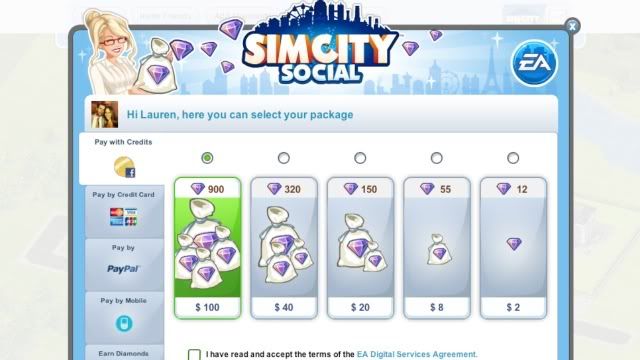I was in a weakened state after a period of self-indulgence when a stranger offered his assistance. I initially rebuffed his kindness, feeling somewhat foolish about myself at that moment. It quickly became apparent to both of us, though, that I couldn’t function alone. I reached out to his extended hand of altruism and let him envelop me in his warmth.
We walked a short distance to his humble-yet-inviting abode and sat down in front of a halogen fire for warmth. Although still shaking a little from my weekend alone, I was now at least in the mood for company. The stranger cast an interesting figure: middle-aged with a ruddy face (although, not in a grandfatherly way) and wearing jeans and a loose shirt. His eyes and cheekbones were sharp and told me that he was a stern man, yet his attire made him appear much younger in every sense. He had pulled me from the gutter, though, and for that I thanked and trusted him.
“We should play a game to pass the time”, he suggested as he placed a huge board between us. “All you have to do is build a city. You can do it any way you like. Imagine that? You play, and I’ll be here to teach you the rules. You’ll learn them as we go.” The idea was fantastic -- the man a near genius for having the perfect distraction to my current situation.
I love building cities, I thought. But what would it be like with someone around to rein in my imagination?
“Why don’t you call a couple of friends and ask them to come over?” my host asked. “There’ll be pizza and fizzy pop.” I declined his offer, saying I’d rather be mayor away from the scrutiny of my peers for the time being until things really took off.
I instead kept building businesses and homes; I wanted my communities to flourish without outside influence and be great by their own merit. “Hold on there, son,” he interjected. “You’re taking the game too seriously. You’ll have to slow down. It’s only a bit of fun.” I didn’t want to, of course. Matters were beginning to get too pressing. The suburbs were stagnating thanks to a lack of amenities while businesses were struggling to keep up with demands. What was I to do?

“Why don’t you sit a while, by the fire, and come up with a sound strategy?” The only clear route was investment, but the old man was stopping me from developing my paradise. “Read a book for a minute or two,” he suggested antagonistically, “or give me 20 American dollars, and we can continue.”
He knew full well that I didn’t have any foreign currency on my person -- we were in South London after all -- yet he still offered the trade. “That amounts to only 12 pounds sterling -- and a cheap deal at that.” His goading worked, and I palmed him some coins to get back into the game.
My money had bought me more than extra time with the game; it had bought me status. I built fire and police stations, sports venues, and parks for my citizens. My generosity was enriching their lives. I created employment, safety, and piece of mind; I built them their lives.
“Look!” shouted my ever-encroaching host. “Your friends are moving into your city!” I knew they weren’t as I still hadn’t called them to come over, yet tiny facsimiles of them appeared as if by magic. “Expand for them! Keep them safe! Make their lives better!” My host was evidently revelling in his administrative role.
He had positioned himself as an enforcer of rules and a spectator of habits, yet now he was playing a greater part in my decision-making. When it came to staffing my second fire station, he demanded that I call my friends again. I told him that they apparently lived in the neighboring apartments and worked at the ice cream factory and so couldn’t be fire fighters as well. “Fine!” he rasped. “Then pay me 10 American dollars, and you can have your new fire station!” What was I to do? I didn’t want to risk their idyllic lives with my own frugalness. Investment was the key to success -- or so my mantra had become.

The breaking point of our short-lived-yet-tumultuous relationship came when the gentleman advised me to open a bank. I invested heavily into the structure and furnishings with the promise of my citizens becoming economically solvent.
Edward, as I later learned was his name, had lied to me. The bank could only open its doors if I dedicated one more, financially imperative item to the city. The building required a farmyard plough. “Harvest some crops from your farms and grab a plough!” he instructed, seemingly unaware of the disconnect between the socio-business amenity and a pastoral device.
I questioned his judgement as to why the two were so intrinsically linked, and he simply replied, “Why don’t you call a couple of friends and ask them to come over? There’ll be pizza and fizzy pop.”
At that moment, his jeans and loose shirt fell away to reveal a perfectly pressed suit and dark brown dress shoes. I suddenly saw Edward for what he was. He had used my insecurities against me and made me feel like a champion of the people only to exploit me for my money.
I snapped out of my self-pity and ran home safe in the knowledge that sometimes playing games alone benefits everyone.

